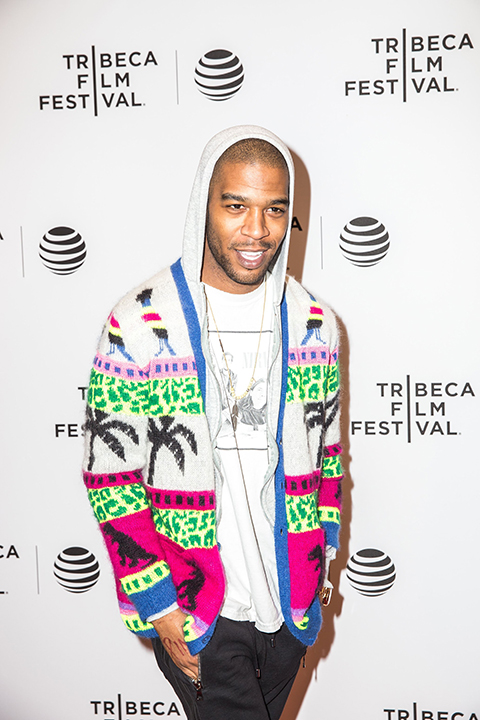
By Libby Hill | Tribune News Service
LOS ANGELES – From stars talking about their own struggles with mental health to TV shows and films dealing frankly with disorders such as depression, it seems that pop culture is actively engaging in the messy realities of psychological problems.
In the past, mental disorders were often depicted by Hollywood as afflictions dealt with in horrific ways in Gothic mental hospitals. But more recently, films such as the Oscar-winning “Silver Linings Playbook” and TV series such as the acclaimed FXX comedy “You’re the Worst” treat these as everyday real-life situations that are best handled with heart and humor.
Stephen Falk, creator and show runner of FXX’s “You’re the Worst,” a comedy about the relationships of four maladjusted Los Angeles thirtysomethings, found that doing a story line on depression taught him some surprising things.
“I couldn’t believe how widespread it is,” Falk said, “and how often suicidal thoughts come into play.”
But the conversation is spreading beyond fictional realms, with celebrities increasingly opening up about their own mental health issues.
Bruce Springsteen revealed a lifelong struggle with depression in his autobiography “Born to Run.”
Describing the struggles that would revisit him throughout his life, Springsteen wrote of “a sea of fear and depression so vast I hadn’t begun to contemplate it, much less consider what I should do about it.”
Actress-singer Demi Lovato shared her battle with bipolar disorder, and “Nashville” star Hayden Panettiere discussed her experiences with post-partum depression.
Most recently, hip-hop artist Kid Cudi, who has been open about grappling with depression and anxiety in the past, posted a message on his Facebook feed Oct. 4 informing fans that he had checked himself into rehab for treatment of depression and suicidal thoughts.
“I am not at peace,” Cudi wrote. “I haven’t been since you’ve known me.”
Stars, like other types of Americans, have always faced mental health issues; they just haven’t ever been this forthcoming.
“I think the term we liked a lot was ‘exhaustion,’” says public relations expert Howard Bragman, adding that the spin surrounding celebrity mental health issues has morphed from euphemism to forthrightness during his 30 years as a publicist.
For many, the pioneer of celebrity conversation around mental health was actress and advocate Patty Duke.
A child star turned Academy Award winner (“The Miracle Worker”), Duke was diagnosed as having bipolar disorder in 1982, information she shared with the world in her 1987 autobiography “Call Me Anna,” written with Los Angeles Times film critic Kenneth Turan.
Public response to Duke’s revelation was so positive that the actress spoke about her illness in speeches around the country until her death in March.
According to son Sean Astin, Duke’s decision to publicly discuss her bipolar disorder was a necessity, not just to explain her history of erratic behavior, but to help her better understand herself.
“She grabbed onto the diagnosis as a lifeline for her identity,” says Astin, the star of such films as “Rudy,” “Goonies” and “The Lord of the Rings” trilogy. “It gave her a ladder to climb out of a hole that she felt she had dug for herself.
“Instead of just being someone who exhibited behavior that was inappropriate by normal standards, she could now be a champion for other people who felt the same way.”





